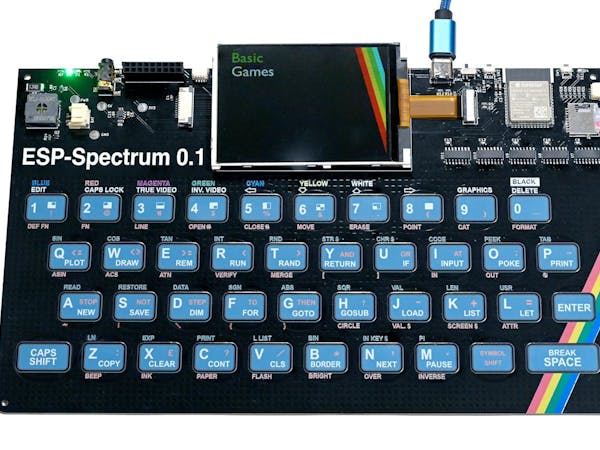All you need to know is that toilet stalls in the USA (and Canada) have huge gaps around the doors, unlike other countries. You have to carefully position your head so you’re not making accidental eye contact with people outside, and somehow relax knowing everyone can see you taking a shit.
- 31 Posts
- 233 Comments
As a man, can I just say that I have never enjoyed peeing shoulder to shoulder with other men.

 0·20 days ago
0·20 days agoAnd happier people are less downtrodden, which is why corporations don’t want us working from home.
Apple’s “find my” network can find your phone when it’s turned off, because the phone continues to transmit low-energy Bluetooth which other devices in that network receive and report. So if you’re in a crowd with a switched-off iPhone and other people have their devices on, it’s still possible for your location to be tracked. There may be other modern phones that do this too, continuing to transmit low power signals to nearby devices. If you really don’t want to be tracked, you can’t be sure Airplane Mode or turning the phone off will be sufficient.
You don’t get the same feeling of suspicion about what the machine is up to. Windows 11 feels like the computer spends just enough time doing what you want that you don’t walk away forever in frustration, but most of the resources are spent doing unspecified things in the background for people you don’t know, who are very interested in what you’re doing. My Windows XP machine’s CPU scores 75 on Passmark, while my Windows 11 machine scores about 46,000. But the speed at which they do many ordinary things isn’t so different, because Windows 11 does so much heavy stuff in the background. My Linux machines (scoring between 8,000 and 28,000) all feel tangibly faster than Win 11.

 4·23 days ago
4·23 days agoI ran mine like this for years. Then a few weeks ago I installed Immich so we can browse photos directly from the NAS on our phone. That’s how it will stay. I don’t want it to turn into an application server.
What a horrible thing to do to Linux.
I use a Windows XP computer (for distraction-free writing using old DOS word processors) and a bunch of Linux and Windows 11 PCs. Being in contact with XP regularly, I don’t experience any desire to go back to doing things like that. It’s really rough compared to modern Linux.
If you read the whole thread, it turns out to be an undesirable behaviour of a tool called b4, which was rewriting not just author information but committer information. The consensus seems to be that this tool needs to be updated not to do that.
Make sure you haven’t accidentally left Mullvad’s “kill switch” turned on.

 541·1 month ago
541·1 month agoFor personal use? I never do anything that would qualify as “auditing” the code. I might glance at it, but mostly out of curiosity. If I’m contributing then I’ll get to know the code as much as is needed for the thing I’m contributing, but still far from a proper audit. I think the idea that the open-source community is keeping a close eye on each other’s code is a bit of a myth. No one has the time, unless someone has the money to pay for an audit.
I don’t know whether corporations audit the open-source code they use, but in my experience it would be pretty hard to convince the typical executive that this is something worth investing in, like cybersecurity in general. They’d rather wait until disaster strikes then pay more.
You have to look for the unlocked version though. They usually sell for a little bit more but it’s worth paying the extra.

 13·1 month ago
13·1 month agoObsidian’s only downside is that it’s closed source, but this is a big downside for some people.

 1·1 month ago
1·1 month agoYes, Joplin achieves everything this proposal does and more.

 13·1 month ago
13·1 month agoI think you accidentally dropped your mic.

 1·2 months ago
1·2 months agoYes, that’s why I’d like to run something as clean as NixOS. For now my compromise is OpenSUSE Tumbleweed’s btrfs snapshots.

 34·2 months ago
34·2 months agoI’ve been using Linux for nearly 30 years and I recently noped out of NixOS. It’s a great concept, but I’m old and I don’t want to spend the rest of my days configuring stuff just to get to where I would be in 30 minutes on a less rigorously designed distro.
People named MarjorieiorjraM…
That’s odd. I’ve been running OpensSUSE Tumbleweed with a Ryzen 9 5950X and RTX 3080 with no issues. I don’t know what would be making yours, with similar hardware, function differently unless it’s the laptop stuff for dynamically switching between onboard graphics and the GPU.

























So the non-private pooing is actually continuous with American moral puritanism. That makes sense.